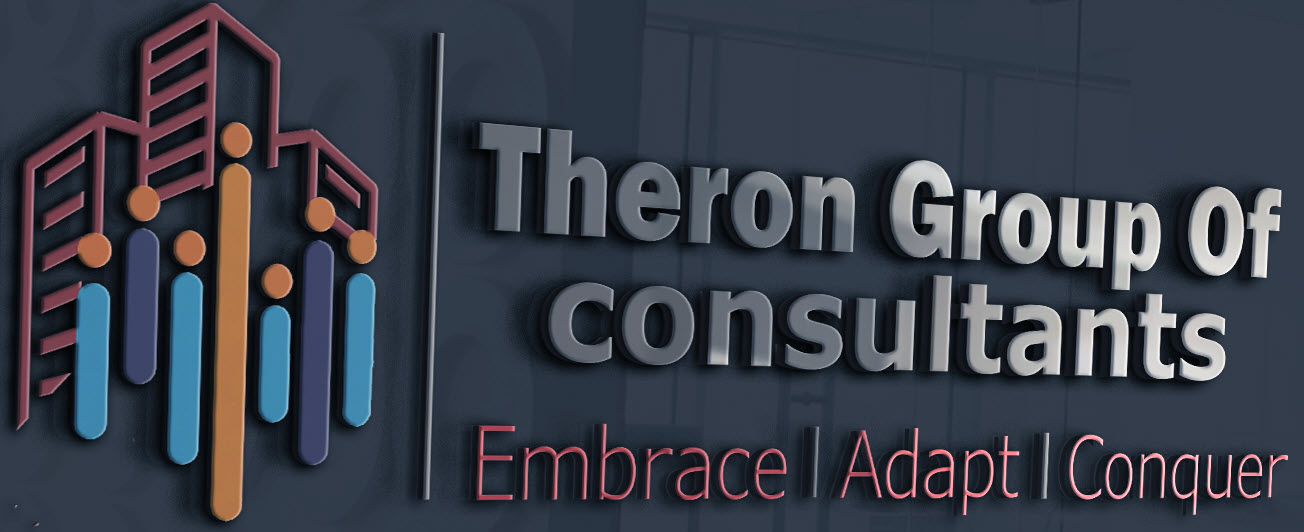Explain why moral hazard explains why stocks are not the most important source of financing for businesses and why debt contracts may be preferable. (Hint: In your answer, amongst others, refer to the principal agent problem.)
A moral hazard is the asymmetric information problem that occurs after the financial transaction takes place, when the seller of a security may have incentives to hide information and engage in activities that are undesirable for the purchaser of the security. Moral hazard has important consequences for whether a firm finds it easier to raise funds with debt than with equity contracts. Equity contracts are subject to a particular type of moral hazard called the principal-agent problem. First, we need to acknowledge that the shareholders are the principal and the directors and managers are the agents who work for the shareholders. Because of this agency relationship, there is a separation between the ownership and control, as the managers are the ones who are in control, who manage and control the company on behalf of shareholders. Moral hazard arises when the agents run the company in their own interest and not in the interest of the shareholder interest.
Moral hazard arises also because the managers who are the agents have more information about the company activities than shareholders do, this is another example of asymmetric information. There are best ways that have been proposed throughout the world in the corporate governance discipline which tries to reduce the problem of the principal-agent problem and its consequence of moral hazard. One of these solutions includes auditing, monitoring, production of information as well as government regulation. Somehow it has been identified that these methods of reducing moral hazard tend to worsen the situation and thus give reasons why debt is preferred to equity. A further explanation of why debt is preferred to equity is provided below.
- The high cost involved in verification, monitoring, and auditing the activities of the agents makes the equity contract less desirable and thus explains in part, why equity is not a more important element in the financial structure. Thus answering why equity is not preferred as compared to debt.
- The free raider problem exists in the moral hazard just like in the adverse selection situation and tends to reduce the desire to ensure verification, monitoring. Not all shareholders will be willing to pay for the monitoring and verification cost, and as a result, the moral hazard problem for equity will increase making it hard for firms to raise finance through the issued equity, therefore providing a good explanation for puzzle 1.
- Government regulation to increase information can also assist in trying to reduce agents’ problems, through the provision of information and increasing ways of detecting fraud. Instead of reducing the problem of moral hazard, this method will lead increase in the moral hazard problem, because corruptible managers will find the motive and incentive to circumvent the system and making it very hard for the government to find and prove fraud. As a result, equity will not be the best way of raising finance.
Explaining why debt is preferred will identify the advantages debt has over equity. Firstly, debt contracts by their nature, have contractual agreements which lessen the requirement for verification, monitoring, and auditing by the providers of capital. Equity contracts do not have these covenants agreements that stipulate the conduct of the agents after obtaining finance. In short, the advantage of a less frequent need to monitor the firm, and thus a lower cost of state verification, helps explain why debt contracts are used more frequently than equity contracts to raise capital. The concept of moral hazard thus helps explain puzzle 1, why stocks are not the most important source of financing for businesses.
Despite not being related to moral hazard problem, companies prefer debt finance in comparison to equity finance because debt finance enjoy tax advantage, which the equity component does not. As a result, the use of debt finance reduces the cost of capital of the company.
